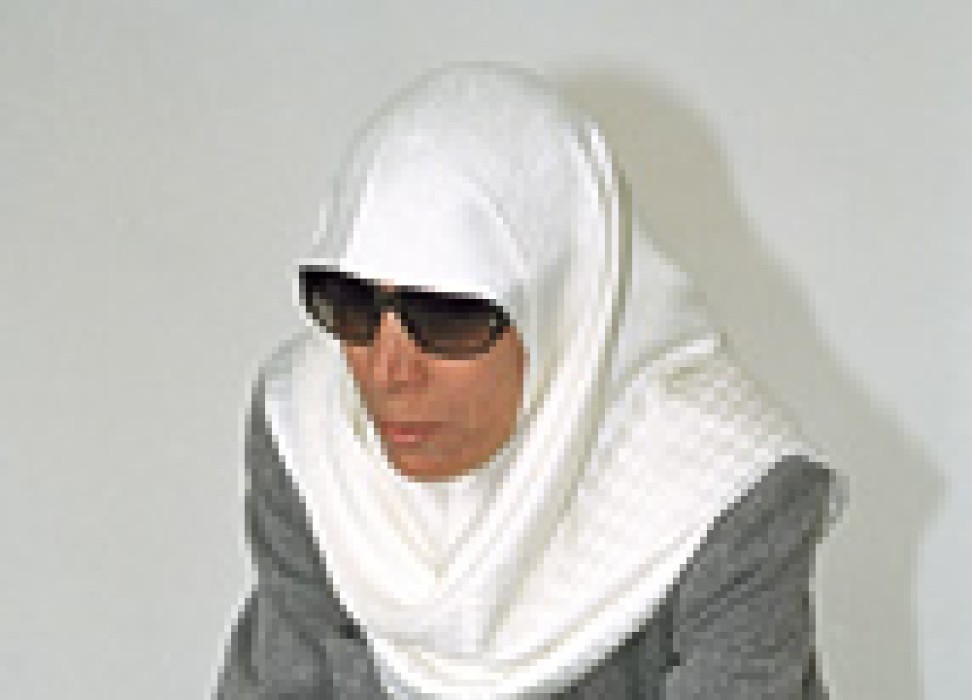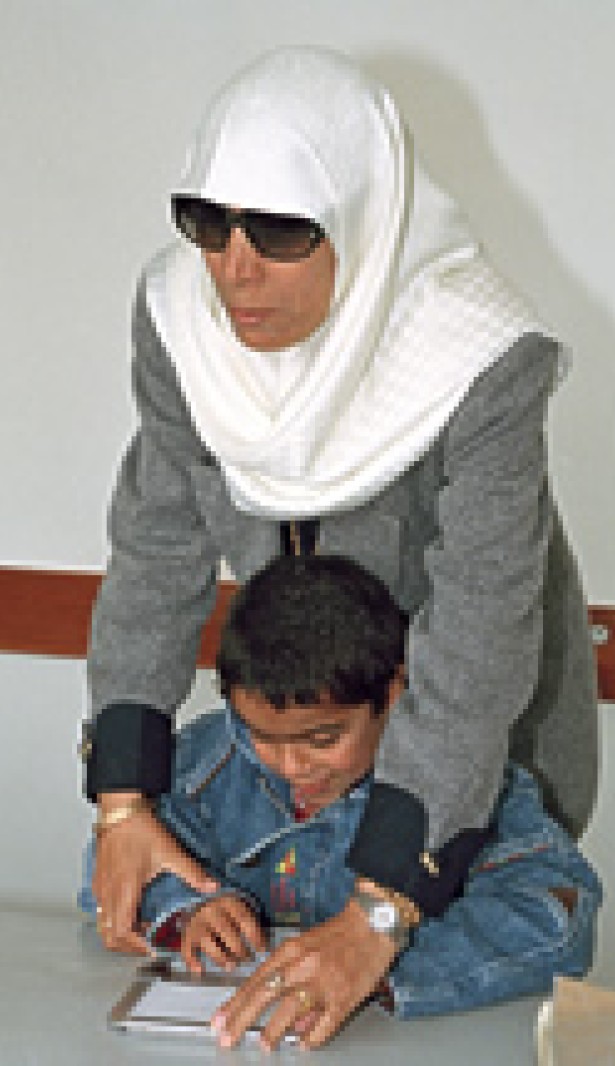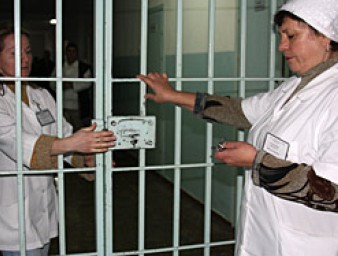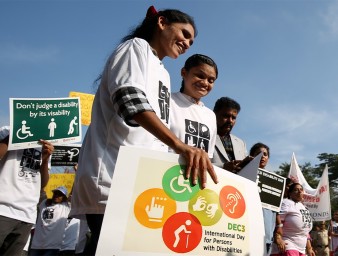Breaking barriers to equal access to work for persons with disabilities
16 April 2013

“Work carries no less meaning to persons with disabilities. The millions of persons with disabilities around the world, who continue to be denied their right to work… remain excluded from the opportunity to realise themselves and to make a meaningful contribution to the economic, social and cultural development of their communities”, said UN Human Rights Chief Navi Pillay at the annual interactive panel on human rights and persons with disabilities, which focused this year on work and employment.
“The right to work is a fundamental human right that is inseparable from human dignity”, Pillay declared while reminding participants that the adoption of the Convention on the Rights of Persons with Disabilities (CRPD) in 2006 embodied an important shift in the way the international community viewed persons with disabilities. “They are not mere recipients of charity, goodwill or medical care, but people with the same human rights as any other person”, she noted.
Article 27 of the CRPD requires States parties to take adequate measures to safeguard and promote the realisation of the right to work of persons with disabilities, including by ensuring equal opportunities of recruitment and career advancement, equal remuneration for work of equal value, reasonable accommodation to persons with disabilities in the workplace, and protection from harassment.
Barbara Murray, Senior Disability Specialist at the International Labour Organization (ILO) stressed the pivotal role played by workers’ organizations in promoting the right to work of persons with disabilities, as well as their involvement in the adoption of the ILO Convention on Vocational Rehabilitation and Employment and the development of the ILO Code of Practice for Managing Disability in the Workplace (PDF file).
Accessibility of workplaces
“Many workplaces continue to be inaccessible to persons with disabilities – be it in terms of physical access, or via attitudes that create barriers to equal participation. Efforts to promote employment of persons with disabilities often focus on creating jobs in separate settings, and fail to respect the Convention’s underlying principle of inclusion”, declared Pillay.
Susan Scott-Parker, CEO of Business Disability Forum, underlined the responsibility of States who signed the Convention to ask employers to remove obstacles for groups of people with different impairment and make reasonable adjustments or accommodations that will enable disabled individuals to contribute. Failure to provide “reasonable accommodation” for persons with disabilities in workplaces, which is a central provision in the CRPD, constitutes discrimination, underlined Ronald McCallum, Chairperson of the Committee on the Rights of Persons with Disabilities.
“Employers make assumptions regarding what people can do on the basis of medical diagnoses, or labels or medical advice – often presented as blanket exclusions (“we have no jobs suitable for disabled people or “people with mental health conditions could not take the stress of working here‟) or as “common sense‟ (“everyone knows deaf people can’t work in teams‟, “everyone knows blind people cannot use the internet‟)”, said Scott-Parker.
Pillay also emphasized the need to guarantee that persons with disabilities have equal access to education and vocational training in inclusive and accessible settings, which will not be guided by low and stigmatising expectations of their capacities.
Fredrick Ouko Alucheli, Director of Action Network for the Disabled in Kenya, shared some of the achievements of his organization, which promotes self-employment amongst persons with disabilities and offers training in entrepreneurship to young people with disabilities. Once their training is completed, they are given start-up capital to launch their business and will continue to receive regular support to ensure a high rate success of their business.
Developing legislations and policies
Pillay deplored the lack of meaningful involvement of persons with disabilities in the development of legislation and policies related to their training and employment, and called for capacity-building of organizations representing persons with disabilities to allow them to effectively take part in negotiations on their behalf.
Among the initiatives to open opportunities for persons with disabilities, the ILO Global Business and Disability Network promotes workplace inclusion for its members, which include multinational companies, employer´s organizations, business networks, as well as small and medium sized enterprises.
At the panel, which took place on 6 March, Pillay called upon States that have not ratified the Convention and its Optional Protocol to make this a priority. At present, there are 130 contracting parties to the Convention, and its Optional Protocol has been ratified by 76 States. In 2012, 18 States joined the Convention, which is “an indication of rapidly growing global commitment”.
In his opening statement, Luis Gallegos Chiriboga, Vice-President of the Human Rights Council referred to the UN Human Rights Office’s recent thematic study on work and employment of persons with disabilities, which is available online, including in an easy-to-read version.
This year marks the 20th anniversary of the World Conference on Human Rights, which led to the adoption of the Vienna Declaration and Programme of Action, and the establishment of the UN High Commissioner for Human Rights to oversee the international human rights framework, promote human rights and protect individuals against abuse. There are ten core international human rights treaties, some of them being supplemented by optional protocols dealing with specific concerns. The Convention on the Rights of Persons with Disabilities was adopted by the United Nations General Assembly on 13 December 2006, and opened for signature on 30 March 2007. Following ratification by the 20th party, it came into force on 3 May 2008.
16 April 2013

VIEW THIS PAGE IN:



